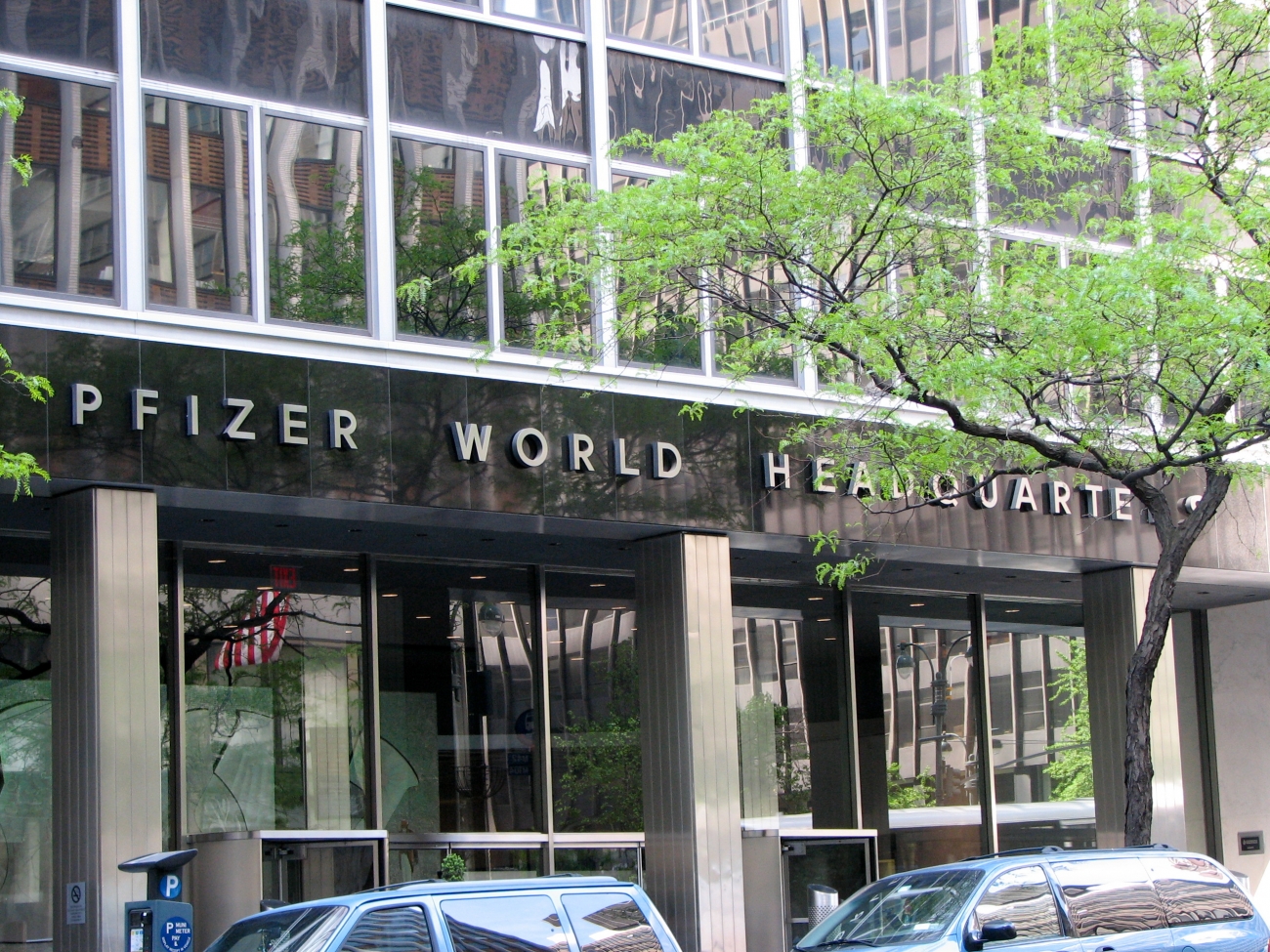Recently, biotechnology company Darper announced that it has signed a three-year cooperation agreement with pharmaceutical giant Pfizer. The two parties will work to predict the possible outcomes of new drug projects in the clinical research phase to improve the success rate of existing drug development. The basis of this agreement is based on Darper's proprietary Microphysiological Systems (MPS) technology. As we all know, with the increasing difficulty in drug research and development, the cost of drug research and development has risen linearly, but the corresponding success rate of drug research and development is not satisfactory.
Under the agreement, Pfizer will use Draper's MPS technology to improve drug safety and effectiveness in the preclinical phase. MPS technology, also known as organ-on-a-chip, enables cells to exhibit growth characteristics similar to those of tissues in the in vitro environment of the chip. Using this "simulated organ", researchers can test the effectiveness and safety of the drug in an in vitro environment and make adjustments accordingly. Under the agreement, Pfizer will use MPS technology to build three organ models including liver, blood vessels and stomach for drug discovery.

In fact, clinical research, especially clinical phase III research, has become synonymous with “burning moneyâ€. The failure of any drug in any part of clinical research means that hundreds of millions of dollars have been spent before. Therefore, how to improve the success rate of drug research and development from the source has become an urgent problem for the pharmaceutical industry.
Foam Fire Extinguisher,Foam Extinguisher,Foam Annihilator,Foam Type Extinguisher
JIANGSU NEW FIRE FIGHTING TECHNOLOGY CO.,LTD , https://www.newayfire.com